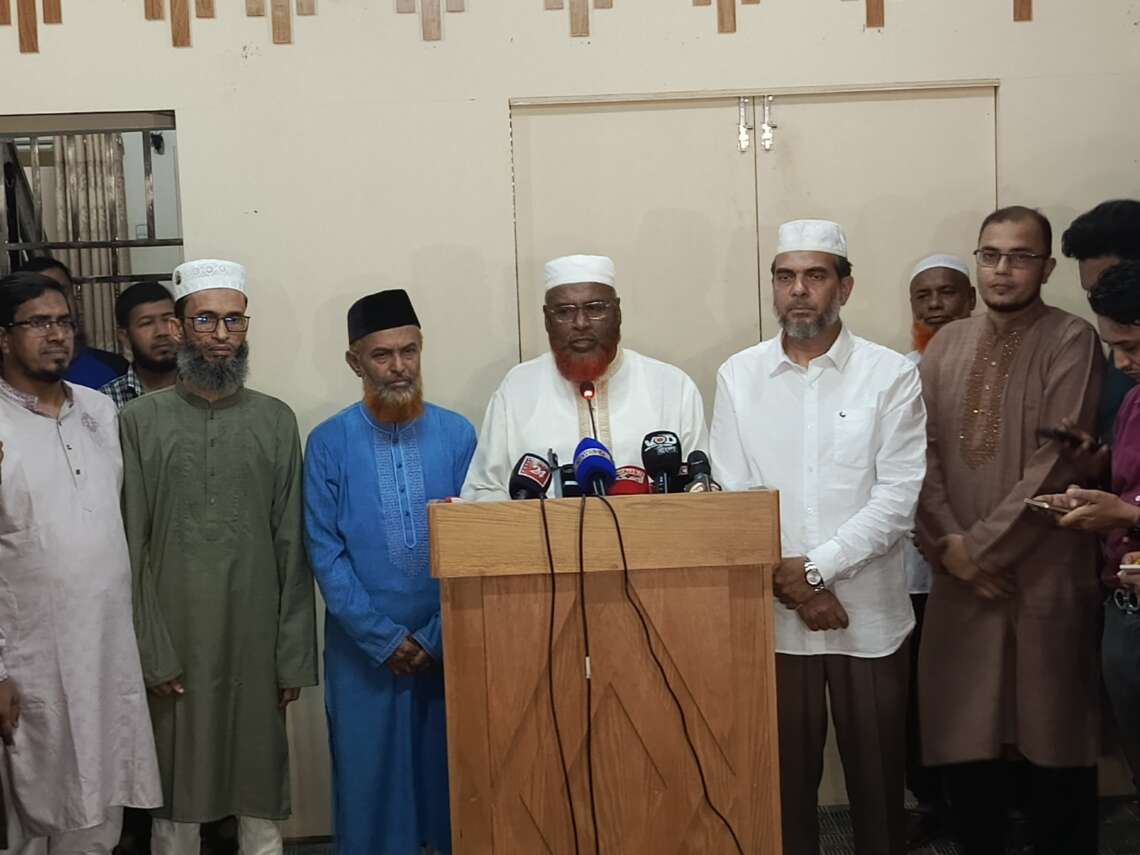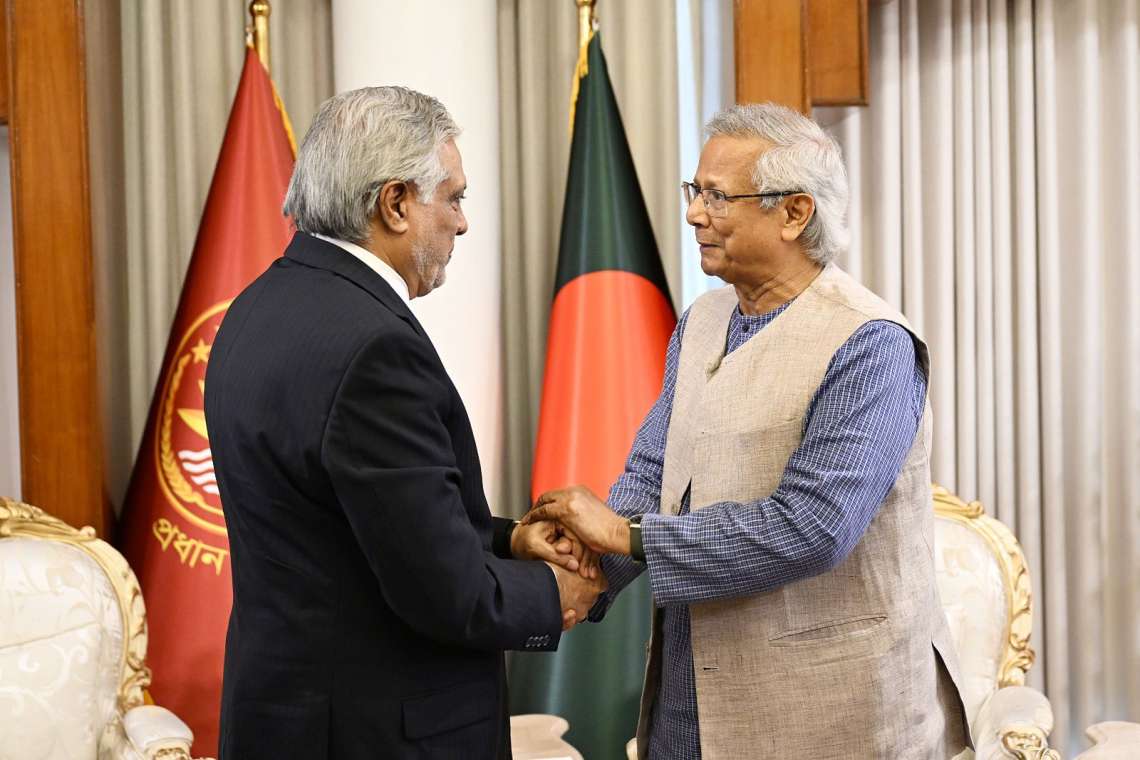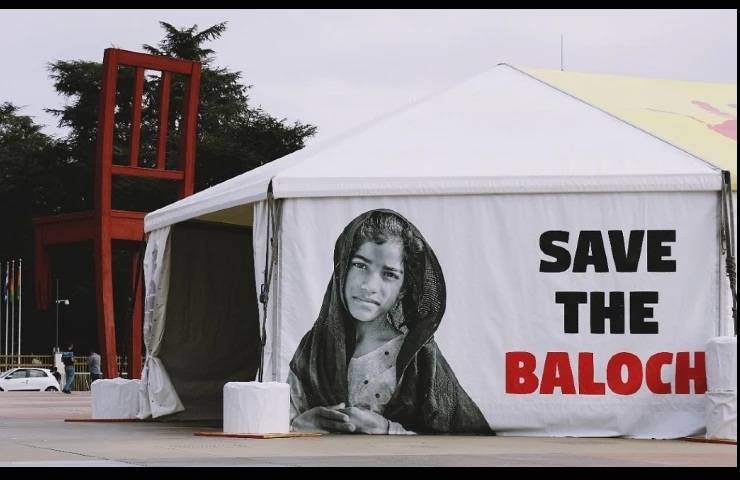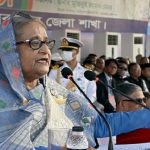Since taking power on August 8, 2024, the Muhammad Yunus-led interim government—backed by the army and Islamist groups—has enabled an alarming rise in extremist influence…reports Asian Lite News
The fall of Sheikh Hasina’s government in August 2024 has triggered a dangerous surge in extremist activity across Bangladesh, posing serious security challenges not only domestically but for the entire South Asian region.
What began as student-led protests against the quota system has morphed into a coordinated movement that has emboldened radical Islamist groups, opened doors for foreign terrorist elements, and sparked widespread violence against religious minorities.
Since the interim government under Muhammad Yunus assumed power on August 8, 2024—with backing from the Bangladesh Army and radical Islamic factions—the country has witnessed an unprecedented consolidation of extremist forces. The new regime has steadily undermined Bangladesh’s secular foundations.
In January 2025, proposals surfaced to remove “secularism” and “socialism” from the Constitution. Textbooks have been revised to downplay the role of Sheikh Mujibur Rahman in the 1971 Liberation War, signalling a deliberate ideological shift.
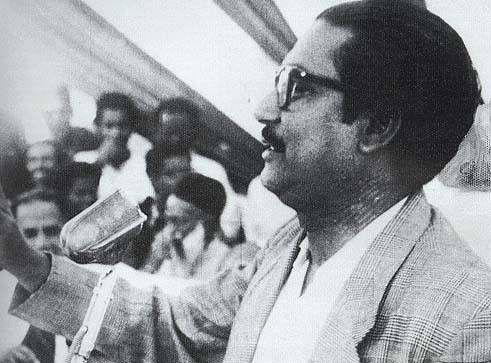
More troubling has been the release of convicted terrorists and reversal of war crimes verdicts. In August 2024, Mufti Jashimuddin Rahmani, leader of the banned Ansarullah Bangla Team, was freed despite multiple terrorism convictions. In May 2025, the death sentence of Jamaat-e-Islami leader A.T.M. Azharul Islam, convicted in 2014 for war crimes, was overturned. The release of notorious criminals like ‘Killer Abbas’ underscores the regime’s apparent alignment with extremist and criminal networks.
Previously banned organisations now operate with impunity. Hizb ut-Tahrir held a public rally in Dhaka in March 2025, calling for a global caliphate. In April, Hefazat-e-Islam staged a mass protest against proposed women’s rights reforms and issued a 12-point demand for establishing an Islamic state. Charmonai Pir’s party has openly advocated renaming the country “Bangladesh Jonokollan Rastro” and enforcing Sharia law.
Compounding this radical shift is growing foreign influence. Since the regime change, Bangladesh has rekindled ties with states long accused of supporting extremism. In January 2025, a Bangladeshi military delegation led by Lt Gen SM Kamrul Hasan visited Pakistan and met Army Chief General Asim Munir. A Pakistani delegation, headed by Major General Shahid Amir Afsar, was allowed to tour sensitive regions near the Indian border—raising alarms over national and regional security breaches.
Indian security agencies warn that groups like Lashkar-e-Tayyaba, Jaish-e-Mohammed, and HuJI are reactivating their networks in Bangladesh, exploiting the political vacuum. Al-Qaeda-linked HuJI-B, dormant for years, has resurged with foreign support and infiltrated Qawmi madrassas and Hefazat-e-Islam. Alarmingly, Golam Sarowar Rahat, deputy leader of the banned JMB, was recently seen accompanying interim leader Mohammad Yunus during a visit to the suspected detention centre Aynaghar in Dhaka.
The digital sphere has become a tool for radicalisation. Extremist groups now use platforms like Facebook, Twitter, and YouTube to spread propaganda, recruit members, and organise operations. Urban, educated youth are increasingly vulnerable, creating long-term security concerns.
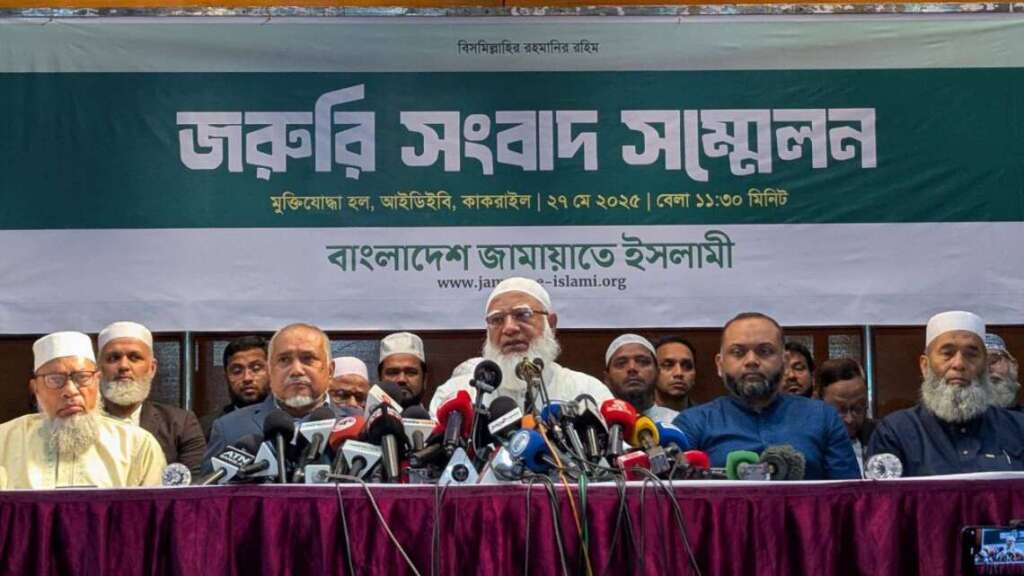
The impact on religious minorities has been devastating. The Bangladesh Hindu Bouddho Christian Oikyo Parishad documented 2,184 attacks on minorities from August to December 2024, and another 258 incidents in the first half of 2025. These included 20 rapes, 59 attacks on places of worship, and 12 attacks on indigenous communities. Over 1,000 incidents occurred between August 4–20, 2024—clearly pointing to an orchestrated campaign, not spontaneous violence.
Yet, the interim government has downplayed the crisis. Initially dismissing the violence as “politically motivated,” it only acknowledged minority attacks under pressure on December 10, 2024. Even then, the response was symbolic: just 70 arrests across 88 cases, according to minority rights groups.
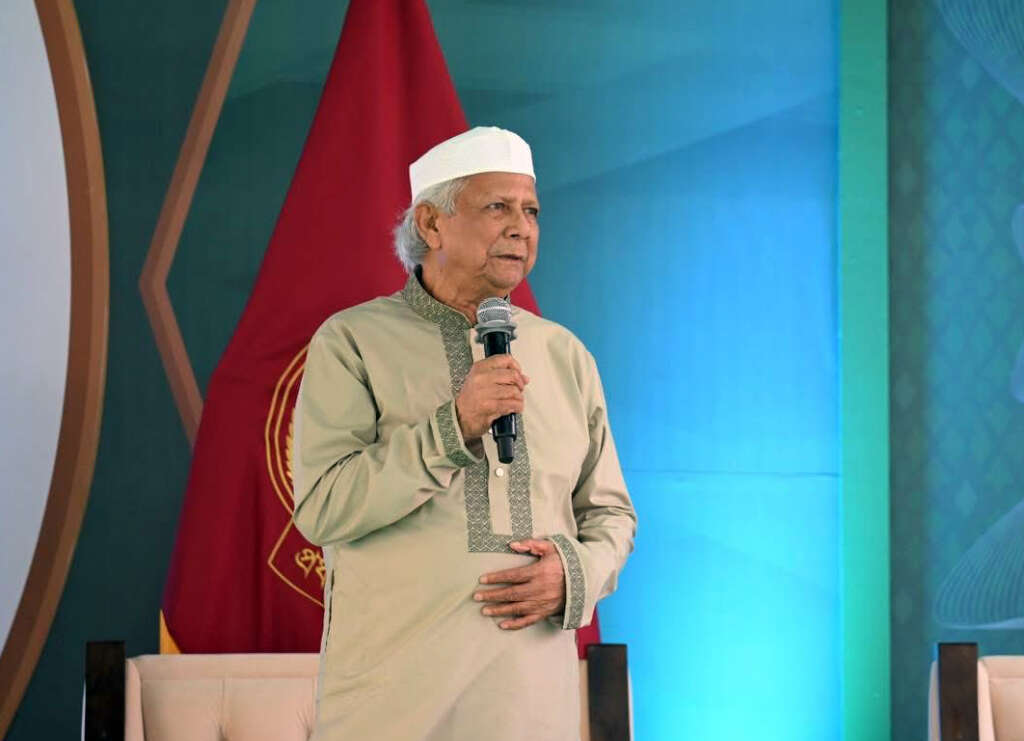
Press freedom and dissent have been systematically crushed. Amendments to the Anti-Terrorism Act have targeted media sympathetic to the Awami League. Press credentials for 167 journalists have been revoked, while prominent secular reporters like Sumi Khan and Subhash Singha Roy face criminal charges. The Cyber Security Ordinance 2025 has been weaponised against online dissent. The National Human Rights Commission remains non-functional after mass resignations in late 2024.
In May 2025, the government banned the Awami League through a controversial amendment to the Anti-Terrorism Act, sparking condemnation from Human Rights Watch.
The implications for regional security are grave. Bangladesh’s borders are increasingly exploited by terrorist groups and criminal syndicates. Over 1.3 million Rohingya refugees remain vulnerable to radicalisation, with groups like the Arakan Rohingya Salvation Army seeking control over refugee camps.
Disturbingly, Jamaat-e-Islami and radical student factions are reportedly forming an armed wing under the banner of the Islamic Revolutionary Army, with backing from foreign sponsors. Their stated aim: to turn Bangladesh into a Taliban-style Islamic state.
Anti-India sentiment has become a rallying cry for these groups, raising risks for India and other neighbours. The consolidation of radical forces and erosion of democratic institutions suggest that without urgent international intervention, Bangladesh risks becoming a new haven for terrorism—posing a clear and present danger to South Asia’s stability.


